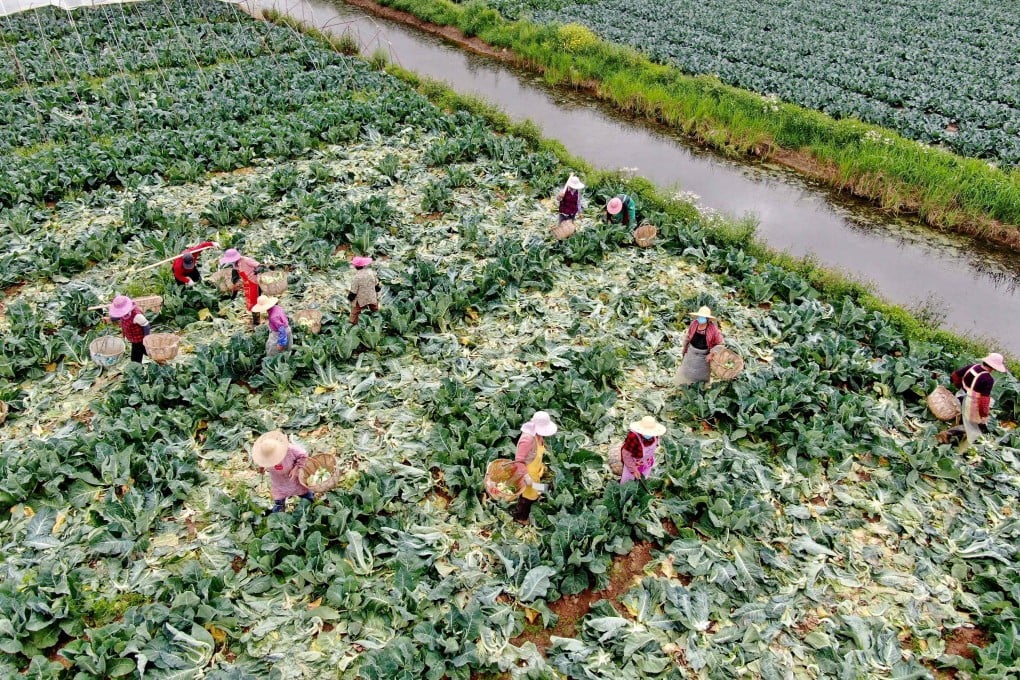China’s food security, spring harvest threatened by excessive zero-Covid measures at local levels
- Some local authorities across China are being taken to task in public forums, including state media, for improperly shutting down roads and banning farmers from fields
- Safeguarding agricultural production in world’s most populous nation is of paramount importance, but some fields are at risk of being abandoned

A growing chorus of voices emanating from Chinese ministries and state media are calling for an end to excessive coronavirus-control measures that pose a threat to the spring harvest, and by extension the nation’s food security.
With agricultural production in various parts of China facing disruptions, there could be an adverse effect on the long-term supply, warned a front-page commentary in the official Economic Daily on Monday.
The piece pinned blame on the “one-size-fits-all” approach to tackling the virus, and on the additional heavy-handed restrictions imposed by some local authorities.
“While preventing and controlling outbreaks, it is very important and urgent to effectively safeguard agricultural production,” it said.
Farming waits for no one … one late step will delay the whole process. Have some officials forgotten this?
And in a commentary published on Sunday, Xiake Dao, a social media channel affiliated with the overseas edition of party mouthpiece People’s Daily, also took aim at local officials in some regions without coronavirus clusters. It criticised their decisions to randomly block roads, set checkpoints, and not allow farmers to access their fields.